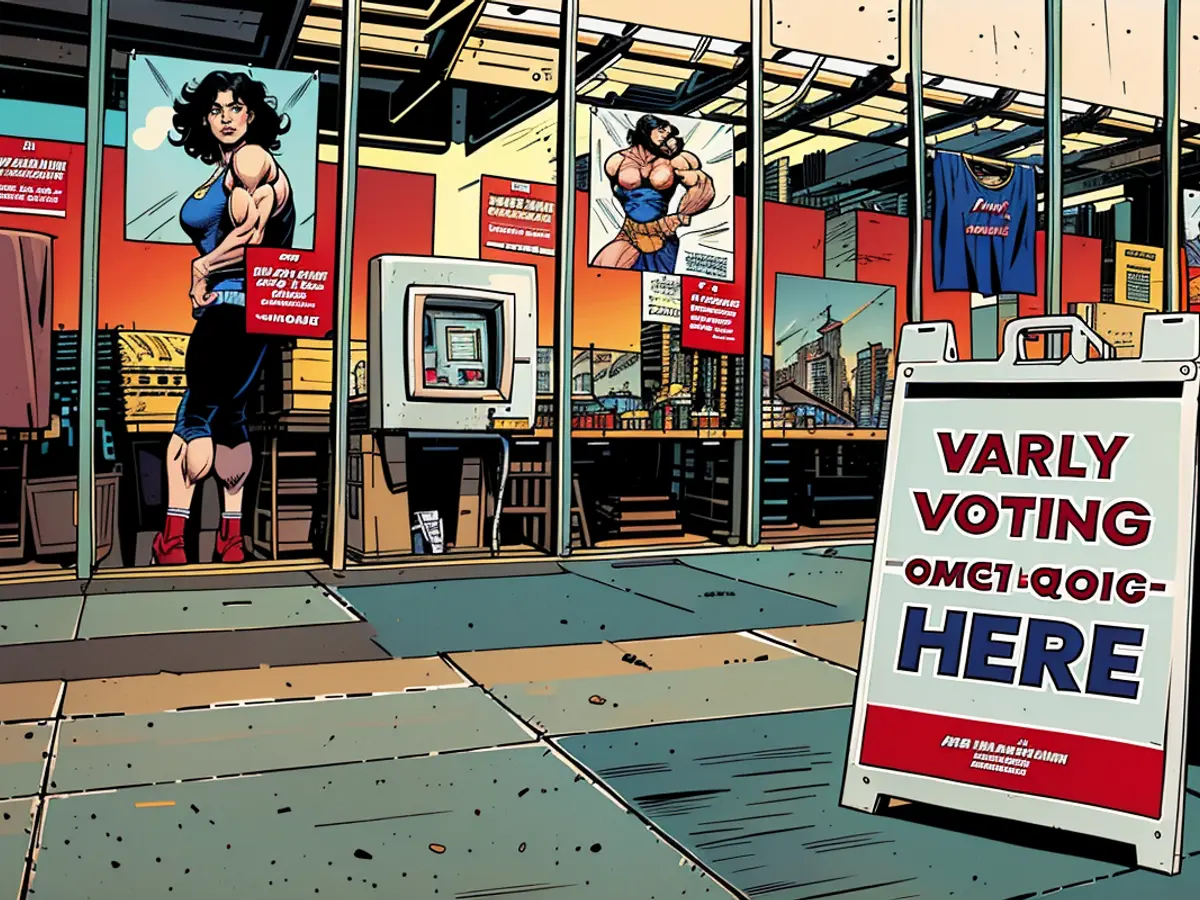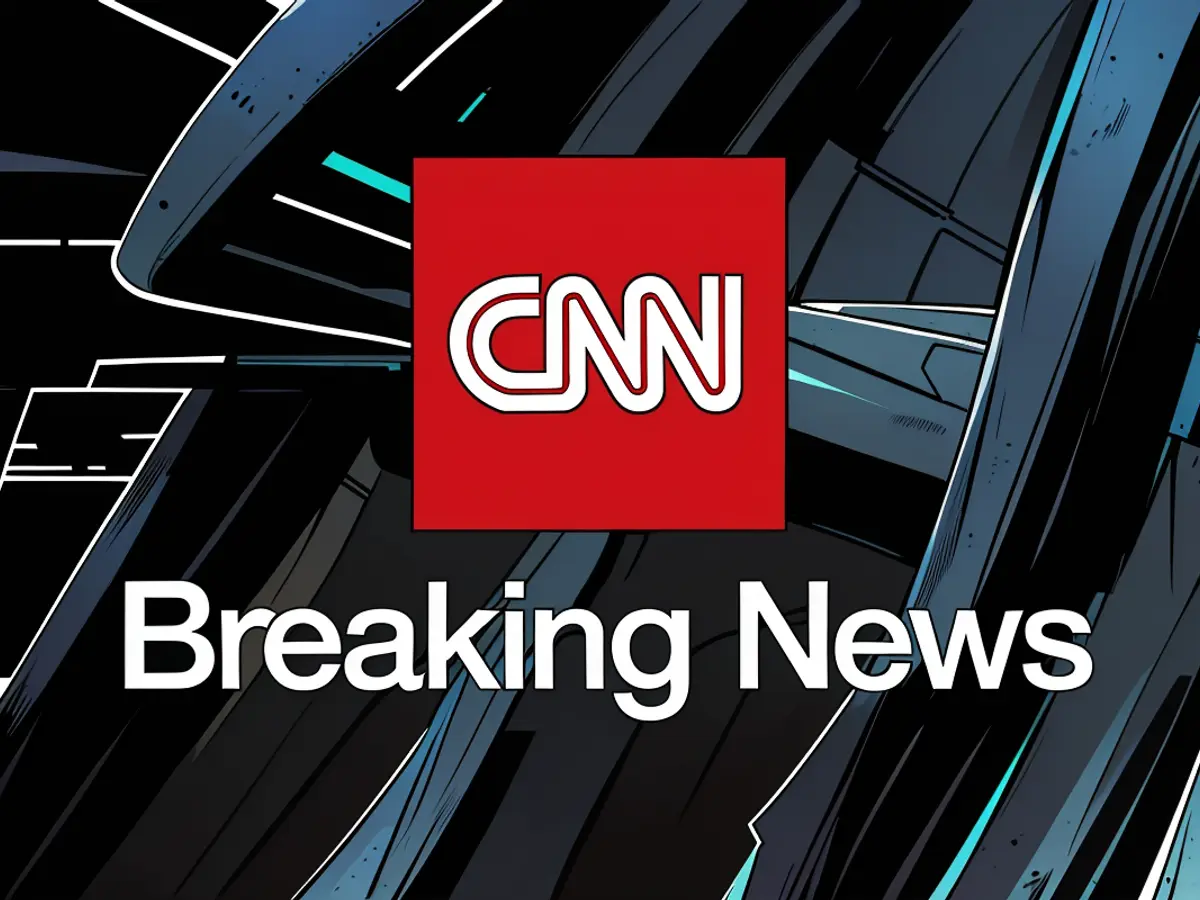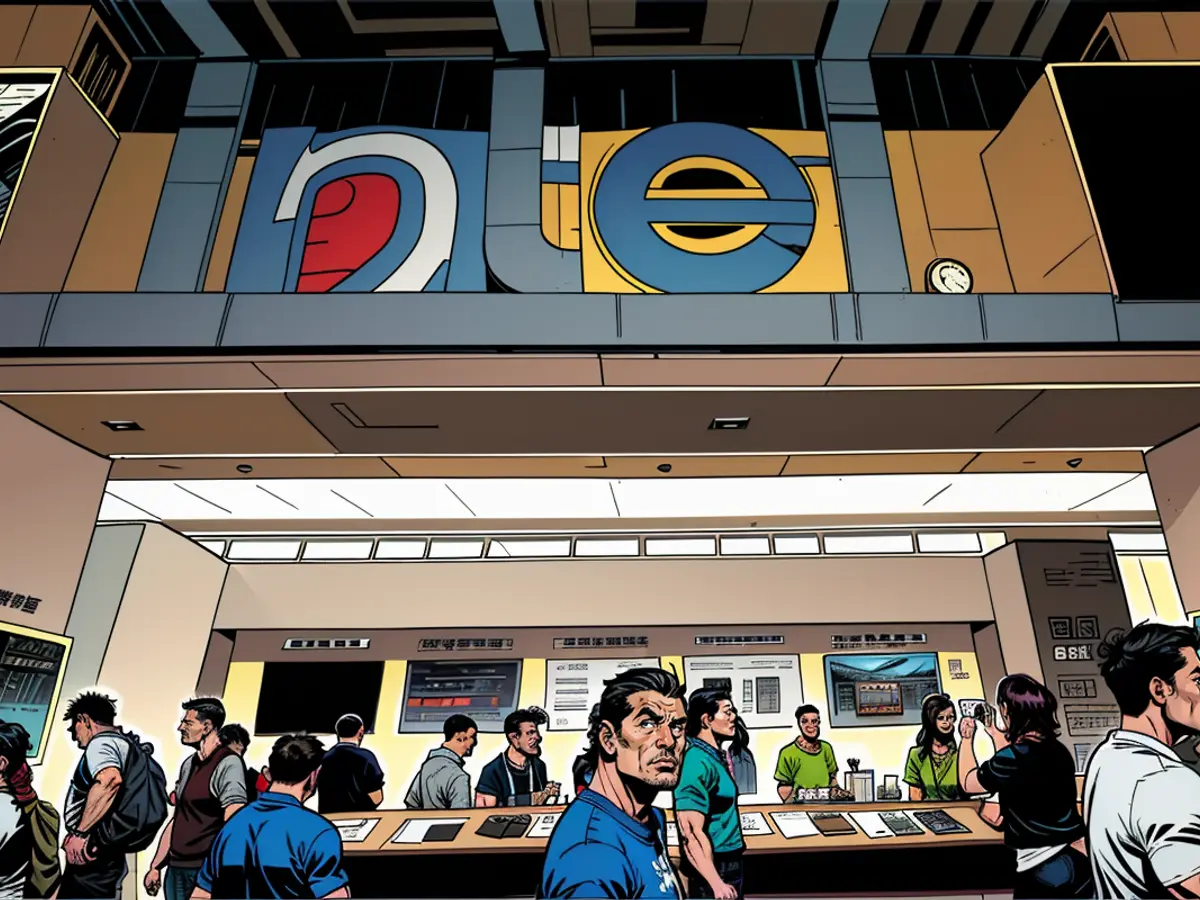America's fascism debate experiences a revival.
In the last week, the ex-president of the United States, Donald Trump, has asserted that the current state of America is fascist, implicating President Joe Biden as the mastermind behind his New York prosecution for falsifying business records. This remark comes after numerous debates concerning the possibility of Trump's political tactics resembling fascism.
Academics and commentators have frequently debated whether Trump's authoritarian leadership style aligns with fascism. Despite recent events, Robert Paxton, a former Columbia University professor specializing in European fascism, had initially disagreed with the label. However, the storming of the Capitol on 6th January 2021, coupled with Trump's unwavering support, prompted a change in Paxton's perspective.
The comparison between Trump's parlance and fascist ideology resurfaced this year as he successfully navigated through the Republican presidential nomination process. Trump regularly uses terminology linked to Nazis, like referring to immigrants as a poison threatening America. In addition, a video released by his campaign incorporated the phrase "unified Reich," promoting a fascist aesthetic.
The historian Ruth Ben-Ghiat from New York University closely analyzed the visual elements in this video and stated that it bore uncanny resemblances to the fascist propaganda she was familiar with. Key elements of fascism within Trump's current presidential campaign include his magnetism, xenophobia, and a shared sense of victimhood.
His faithful supporters outlined a plan to dismantle government institutions under a second Trump term. To impose his vision on the government, Trump has suggested he will target his political opponents, including the former president, potentially weaponizing the Justice Department as a tool for vengeance.
During a discussion with a Trump-supporting Fox News host, Sean Hannity, Trump evaded questions addressing the use of the Justice Department as an instrument of revenge. While he claimed to eschew such actions, he also hinted at his right to pursue political enemies.
"It has to stop, because otherwise we're not going to have a country," Trump said, dropping a hint that he may not use the Justice Department to seek revenge. However, he added that, if he wins the election, he would be within his rights to prosecute his opponents.
This statement showcases his reluctance to completely dismiss the concept.
When CNN's Wolf Blitzer brought up Trump's fascist claims with Ohio Senator J.D. Vance, a figure being considered for the vice presidency role in the Trump administration, Vance didn't explicitly disown the assertion. Instead, he stated, "I don't care what you call this, but this is not the America that I know and love."
Many other comparisons to the rise of fascism are also circulating, highlighting the dangers of isolationism and disregard for allied countries' interests, drawing parallels to the events before World War II.
McConnell, a Republican senator, wrote an op-ed for The New York Times marking D-Day, where he advocated for the strengthening of American alliances and the avoidance of repeating the mistakes of the 1930s. He criticized those who prioritized their grievances over the well-being of American allies.
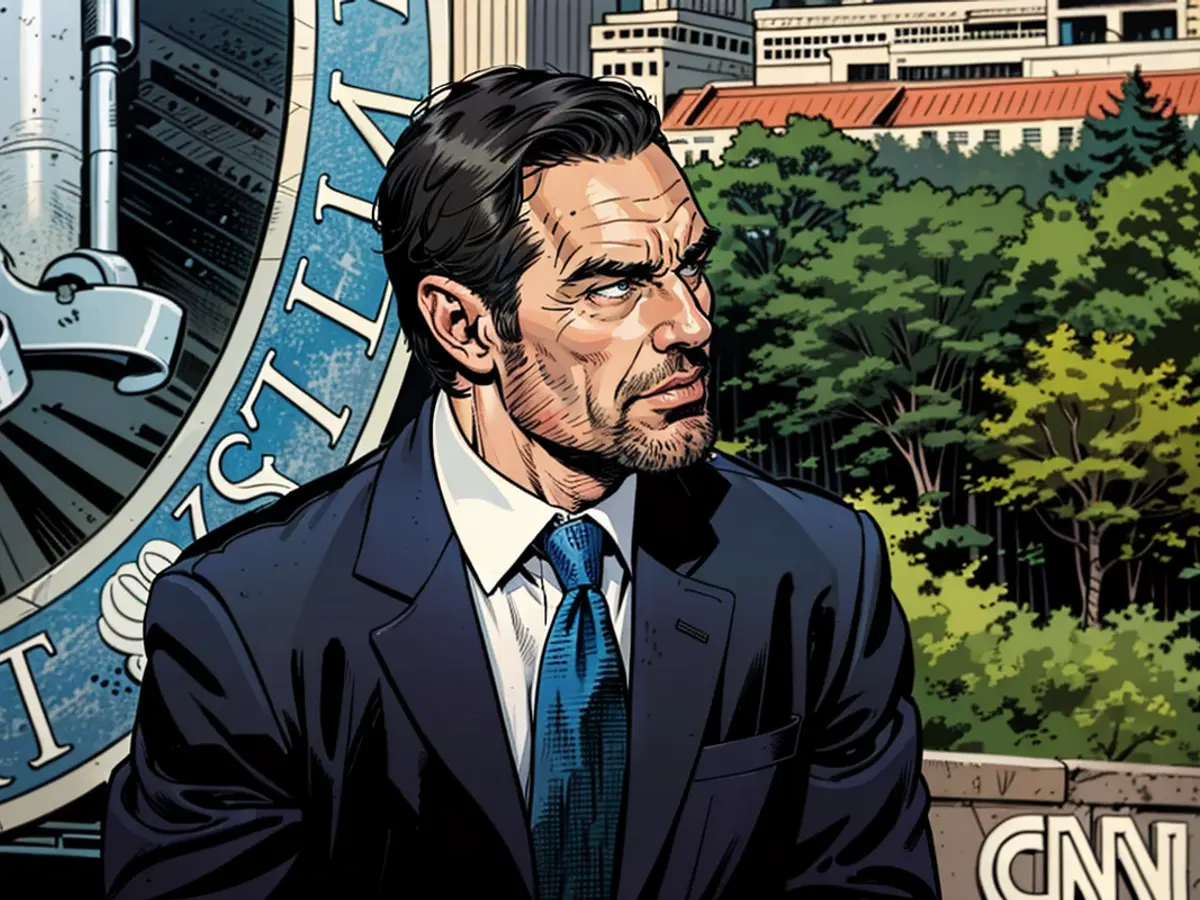
In a recent conversation, Daniel Steinmetz-Jenkins, an assistant professor at Wesleyan University and the editor of a new book on fascism and America, indicated that while the historical comparison to fascist Germany might be useful, the meaning of this term evolves with social context and power structures.
Steinmetz-Jenkins suggested that the term "fascism" is employed to unite people against a common foe greater than their petty differences, emphasizing the destructive impact of shouldering disagreements over the hinderance of more considerable enemies.
This context-driven narrative has stirred fresh conversation surrounding the relation between Trump's campaign and fascism. As democratic ideals are being questioned and fear of external threats fuel resentment, many are pointing to the need for a clear distinction, lest history repeat itself.
Steinmetz-Jenkins points out that labeling political opponents as "fascists" has been a tactic used by Americans since the time of Franklin D. Roosevelt. There have also been instances where politicians have threatened to investigate their adversaries.
There are pros and cons to comparing Trump's rise to that of fascism, especially considering how domestic movements like populism and White nationalism are influenced by American history.
Linking eras can be problematic
For example, Rep. Byron Donalds, a Republican from Florida and a potential VP pick for Trump, had to defend his statement that social programs in the US forced Black families apart. He claimed they were more united during the era of legalized racial terror under Jim Crow laws, which were a model for Nazi Germany.
This statement has caused confusion and led to questions about whether Donalds is nostalgic for the Jim Crow era. "During Jim Crow, the Black family was together," he said in previous comments. He attempted to clarify his remarks to Abby Phillip of CNN, explaining that he was not yearning for that time, but rather emphasizing that marriage rates were higher then.
Donalds tried to draw parallels between the current political party divide and the past, where some Southern Democrats opposed civil rights legislation while some Northern Republicans supported it. However, his explanation was complex and far from convincing.
These days, party affiliations are more strongly tied to specific regions. Democrats largely hold power in the South, while Republicans have little influence in the North. The parties are realigning around conservative and liberal ideologies, with this process remaining ongoing as the GOP shifts towards Trumpism.
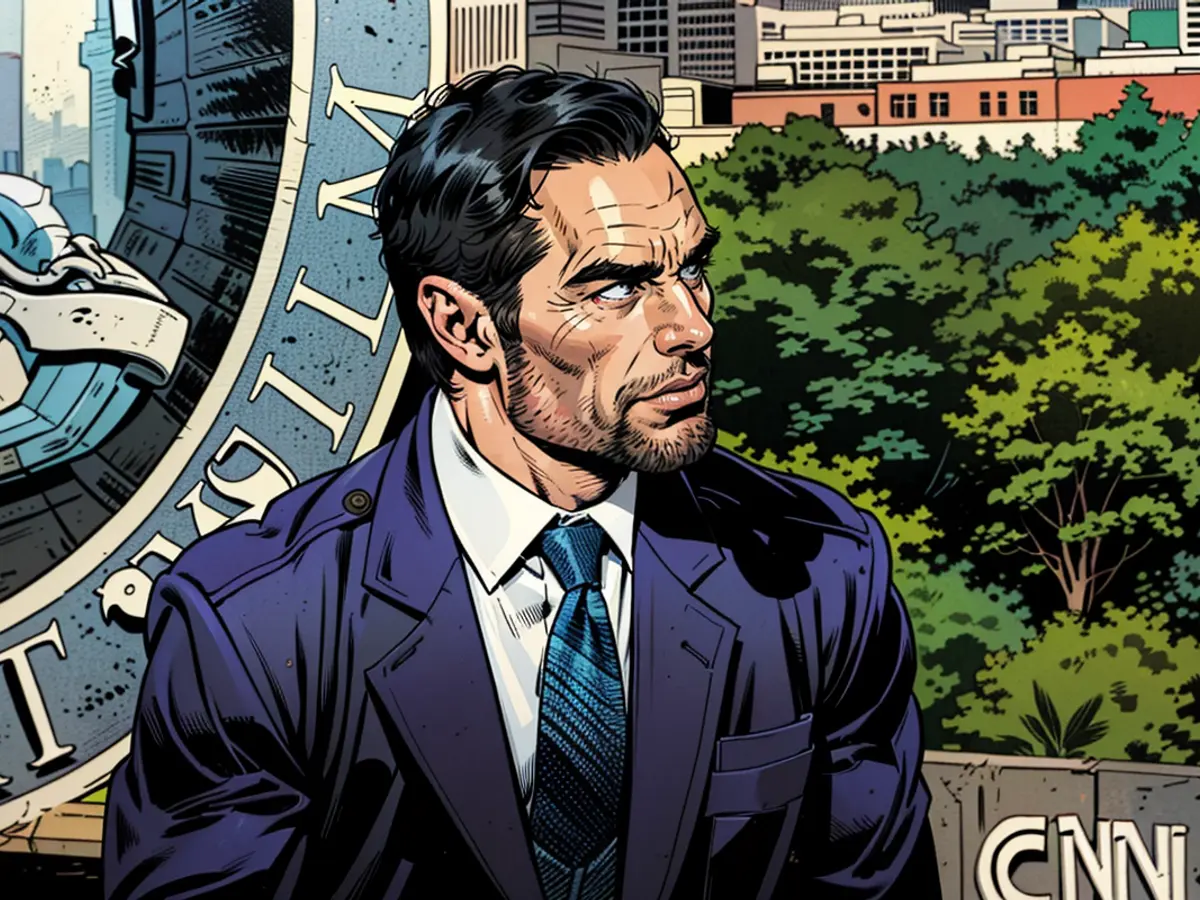


Read also:
The use of terminology linked to Nazis, such as referring to immigrants as a poison threatening America, by Trump, has drawn comparisons to fascist ideology.In his discussion with Sean Hannity, Trump hinted at his right to pursue political enemies, stating, "If I win the election, I would be within my rights to prosecute my opponents."


